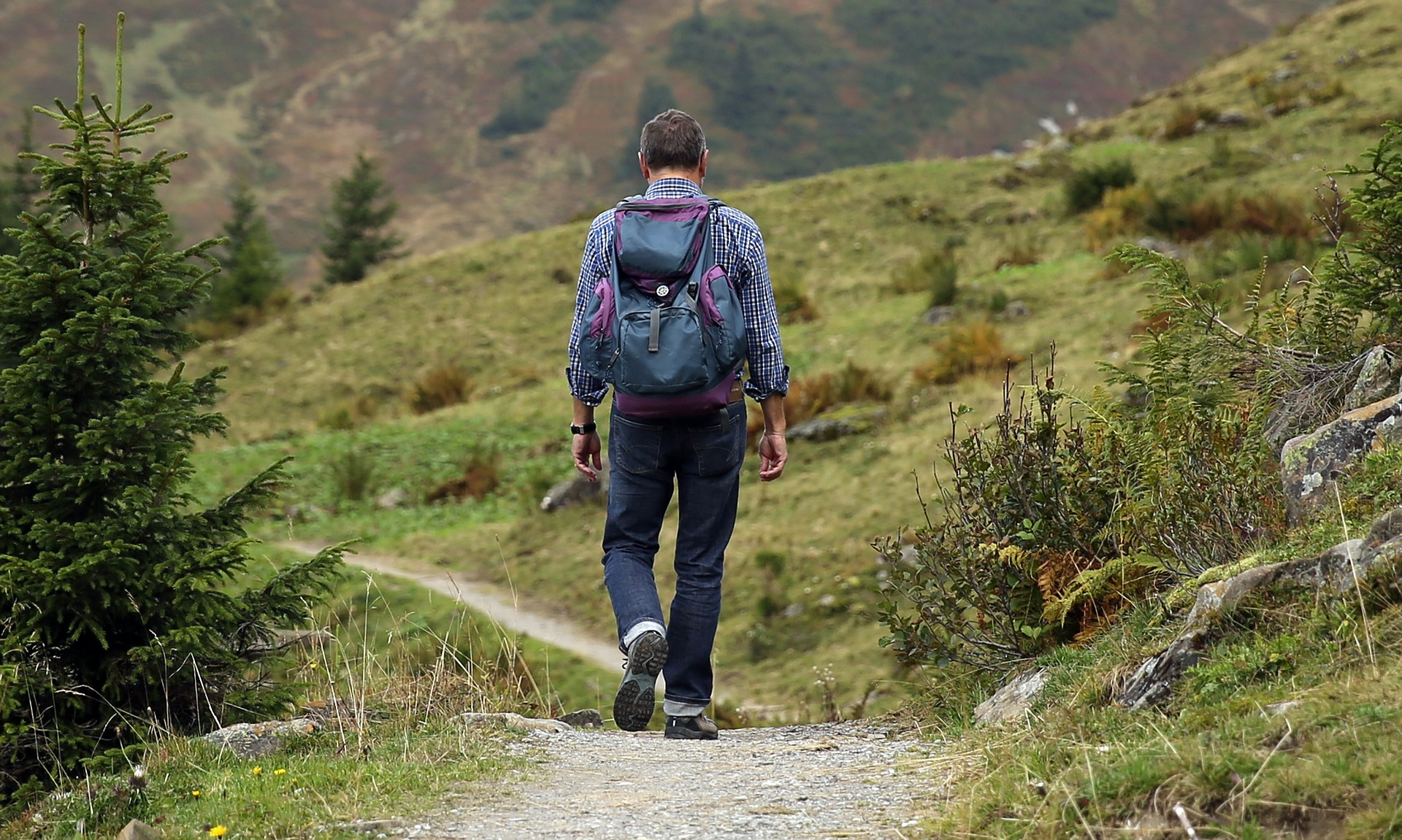The outdoors can be very enticing to people who spend a large amount of their time in cities or suburbs. Hiking is a fantastic way to start getting out and experiencing the natural world. Hiking is also recognized as one of the best ways to relax and reconnect with nature. It is not easy, though. You must know which hill to climb, what equipment to bring, and which trails to take. These choices can make or break a hiker’s day. Do not let yourself become paralyzed by what if’s or second guessing about how to get your trip started. Here we present 10 safety tips for hiking beginners.
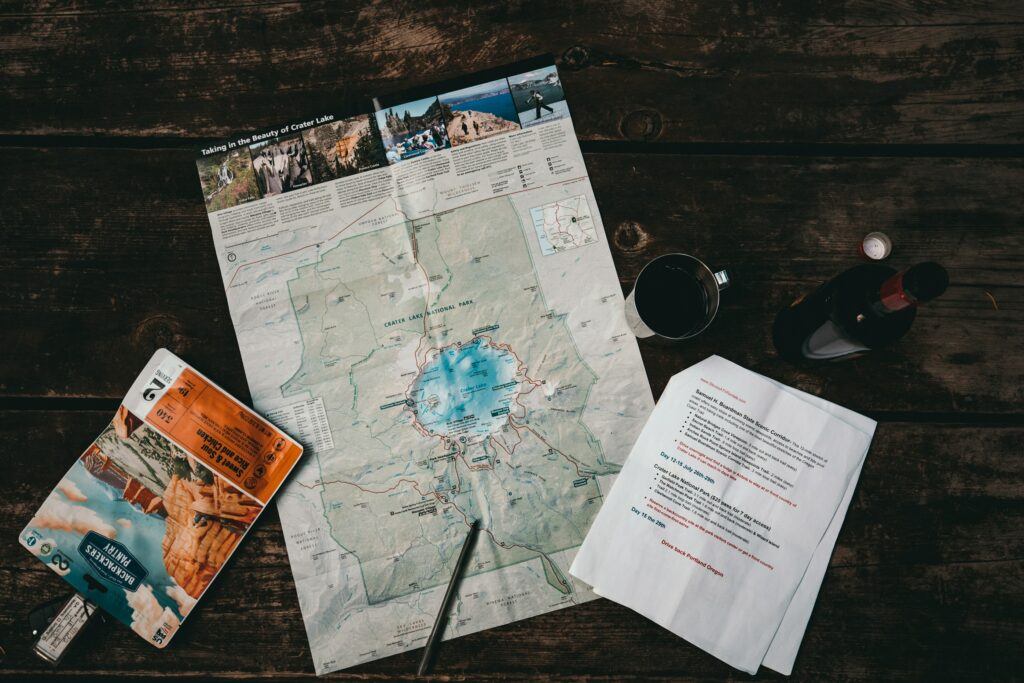
1. Make Sure To Plan Out Your Route
Before heading out on a hike you need to know where you are going. Thoughtfully planning out your hike will save you time and stress and make your experience more enjoyable. Make sure to plan your route based on your own ability level. If you are not a strong hiker, you do not want to hike through a long, difficult trail. Taking on too difficult of a hike at best will leave you unable to finish it. At worst, you could be seriously hurt. You can always add more difficult trails to your repertoire as your experience increases. Also, make sure to plan your route based on your personal style. If you are someone who enjoys spending most of your time outdoors, consider a longer trip and set up camp!
2. Wear The Right Clothing And Shoes
Another important consideration is to make sure you have the correct clothing and footwear. Hiking activities can take place at various times of the year, and each season will have different clothing requirements. When hitting the trial during the summer you can quickly overheat if you are not careful. It is important to wear clothing that wicks away moisture. To stay comfortable, wear lightweight and breathable clothing. It is always a good idea to wear sturdy hiking shoes, especially if you are a beginning hiker. There is less risk of injury if your feet are secure and comfortable. For winter hikes you should consider wearing heavier clothing. Consider wearing long undergarments and a jacket. Make sure your jacket is waterproof and has insulation. Also, wear warm socks and gloves. Layering your clothing is an effective way to make sure you do not overheat, which is still a real possibility in winter.
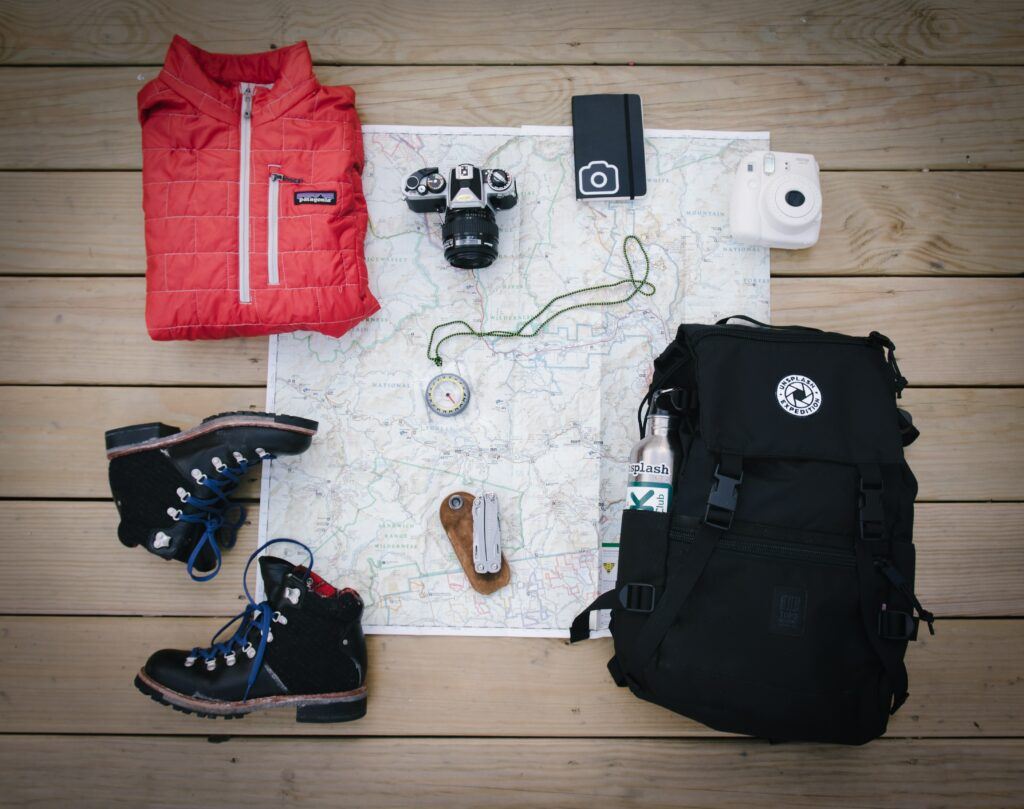
3. Bring The Right Supplies
In addition to wearing proper clothing and shoes, the right supplies are vital to a safe hike. You need to bring enough food for the entire trip and make sure you have enough water. In fact, you should bring some extra food in case you come across unexpected trail obstacles that slow you down or you get lost. It is important to bring sunscreen and bug repellent. Even in the winter, the sun can be damaging. Do not let the cooler weather fool you! It is also crucial to bring along a map, compass, GPS unit, and any other equipment you need to make your hike safe.
4. Hydrate, Hydrate, Hydrate!
Never underestimate your body’s need for water. Proper hydration is essential for maintaining good health as we hike. Without enough water, our bodies can be at risk from dehydration. Dehydration happens when we lose more fluid than we take in. Without water, our cells cannot function properly and that will slow you down. Hot weather and physical activity can cause dehydration quickly. When you become dehydrated, you will start to feel weak and lightheaded. You will also notice that your urine is darker in color. When the body becomes dehydrated, it will try to conserve water by flushing out electrolytes and minerals, like sodium, potassium, and calcium. These electrolytes and minerals are essential for the organs, muscles, and nerves to work properly. Dehydration can also contribute to heat exhaustion. The importance of staying hydrated cannot be understated!
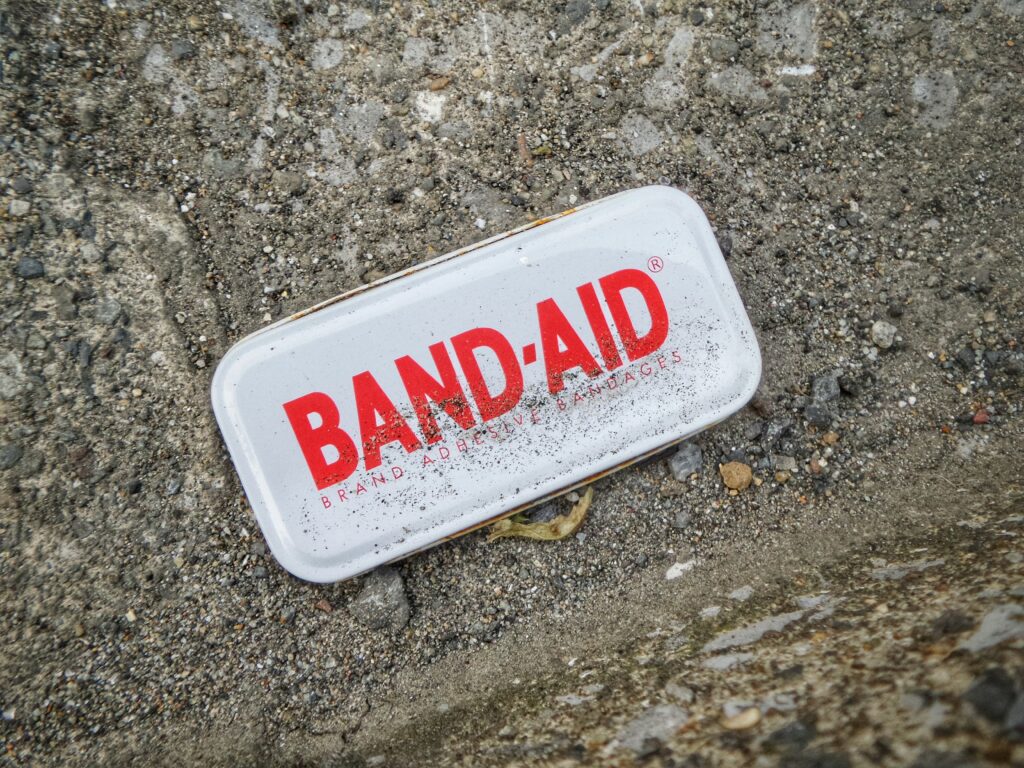
5. Assemble A Good First Aid Kit
When venturing forth on any outdoor adventure, a properly stocked first aid kit is an absolute necessity. There are risks associated with any outdoor activity, but the more prepared you are, the less likely you are to become seriously injured. Before setting out, be sure to assemble a first aid kit that contains all the items that you may need should an accident occur. This should include items like antibiotic ointment, gauze, bandages, butterfly closures, tape, a pair of tweezers, a pocketknife, and even extra food. Also make sure you pack personal items such as medications and an extra set of glasses or contacts. Once you pack your first aid kit, make sure that it is kept somewhere easily accessible, such as in or attached to a backpack. The intention is to have fun, but it is always wise to plan ahead just in case. Check out these three first aid kits to take with you on your next hiking excursion.
6. Never Underestimate An Old Fashioned Map And Compass
Sure, you may have a fancy mapping app, but what if your device breaks? Whoops, look like that app requires a signal and there does not seem to be one out here! Bringing along a paper map and compass could save your life if you become lost in the woods. For beginner hikers, it is not uncommon to become disoriented when in an unfamiliar environment. A map can give you a sense of direction as well as distance to your destination. A compass will tell you which direction you are headed. This is why it is important to have both of these tools with you when hiking. If you have never used a map or compass before, it would be wise to do a bit of research on using them ahead of time.
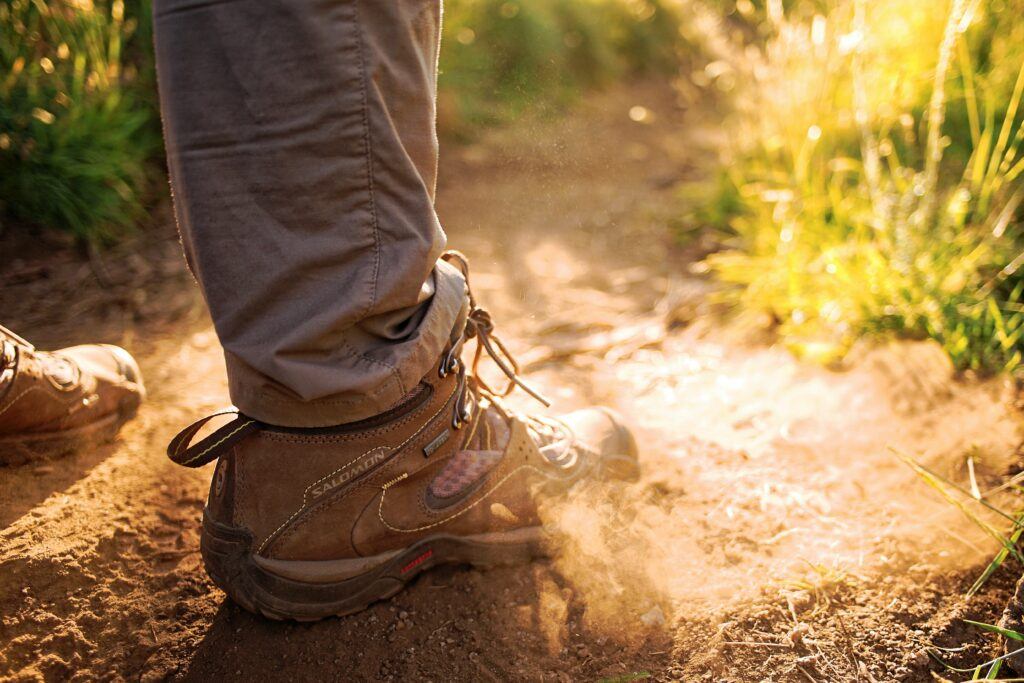
7. Stay On The Trail
Hiking can be a real adventure, especially for someone just breaking into the sport. As tempting as veering off trail may be when the scenery is spectacular, it is important to stay on course. This is even more true when venturing into unfamiliar territory. It can be easy to lose sight of where you are, becoming completely enamored with the beauty of your surroundings. However, if you stray too far off the path, you may run into dangerous terrain that could cause you to become lost. There is no telling what you may find on trails that are unmarked, such as cliffs, rocks, and mud slides. These kinds of terrains can easily injure you, or worse, if you are not careful. Unmarked trails may also lead you through hard to spot private property. While most owners will be understanding, some may not. It is best not to trespass, even accidentally.
8. Prepare For Inclement Weather
The weather forecast may be sunny and nice, but sometimes the weather can surprise you. Heavy thunderstorms and high winds can come out of nowhere and wreak havoc on a hiker’s gear, clothing, and morale. In extended periods of inclement weather, hiking can become more like an expedition. In especially adverse conditions you could run out of water and food. Sometimes, inclement weather can even lead to life threatening accidents. Before heading out, give some thought to how you will react to dangerous weather and plan accordingly. Being prepared will help you stay confident and avoid panic should things take a turn.
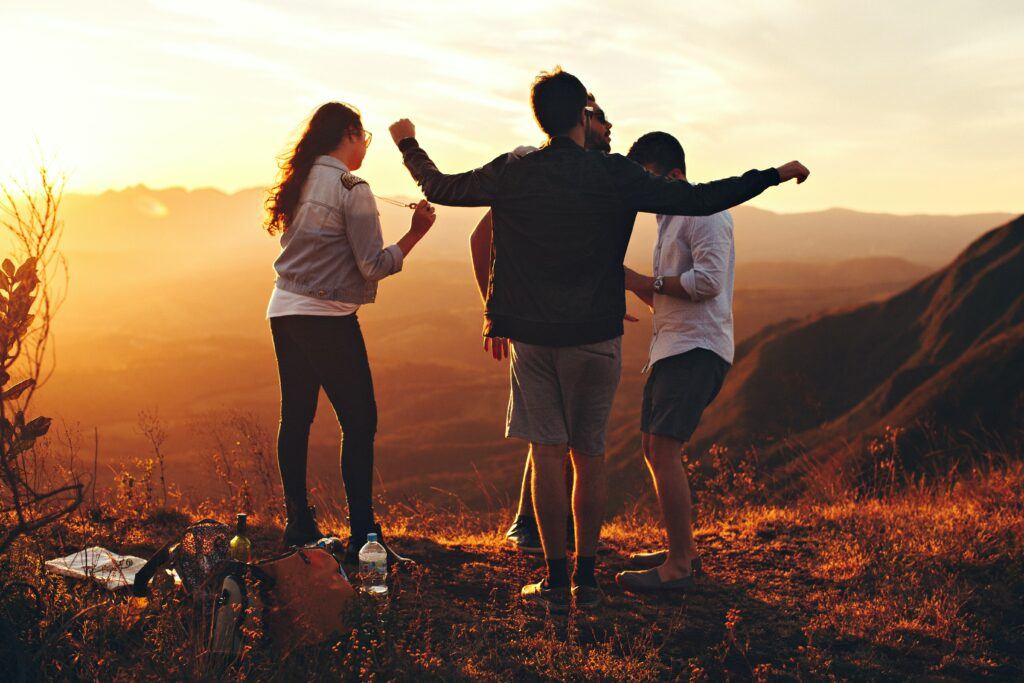
9. Go Hiking With A Buddy Or In A Group
The call of the great outdoors can be loud. The temptation to just hit the trail can be strong, but it is never a wise idea to venture out on a proper hike alone. Heading out on the trail with a friend or in a group is an extra, but important, precaution to take. It can also help protect you from any possible dangers and mishaps that can befall you while on the trail. No one plans to be injured, but if it happens then a buddy or group will be there to assist. It is way better to be safe than sorry.
10. Maintain Proper Trail Etiquette
While hiking can be an incredibly refreshing break from the stresses of everyday life, it can also be pretty hectic. When the weather is exceptionally good, you can add to the mix a glut of other hikers. Then it can sometimes feel more crowded than you had hoped. Learning proper trail etiquette is one way nature lovers can coexist in the wilderness. Trail etiquette ranges from basics such as not littering and following posted signs, to helping your fellow hikers out if they have a problem. It may be a big, wide, wonderful wilderness, but we do not have it all to ourselves. Maintaining a bit of decorum helps all of us nature lovers to get along and share the beauty the world has to offer.
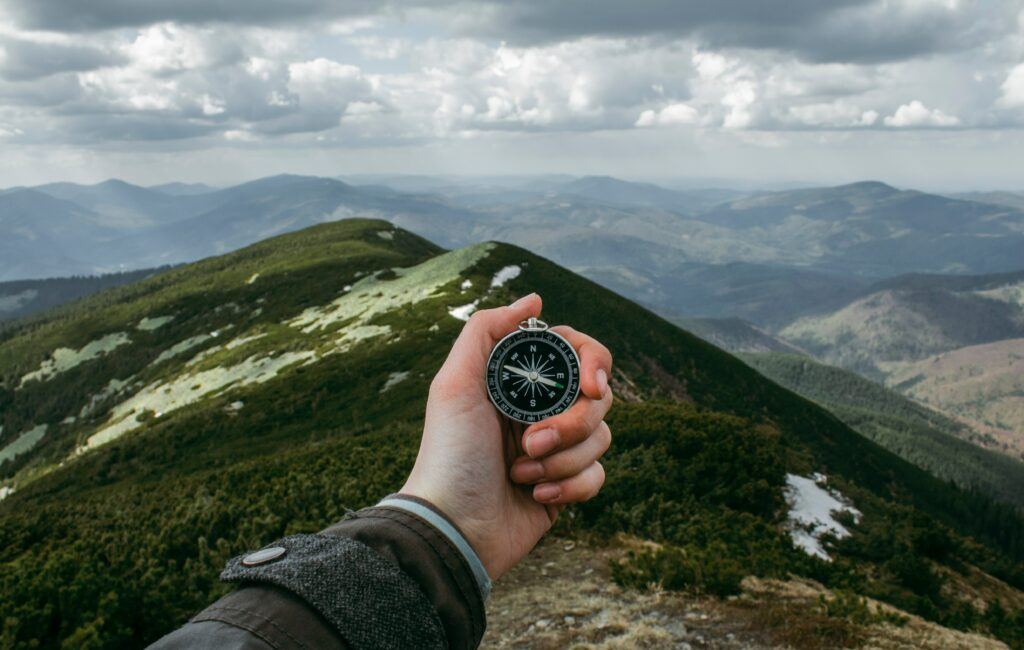
BONUS TIP! Let Others Know Your Route And Timetable
You have your route planned out, you have the right supplies assembled, and you have gathered your own personal hiking fellowship. Another important safety tip is to leave your detailed itinerary with someone you trust. Leave details such as when you expect to arrive at specific check-in points and when you plan to return. In the unlikely event that something happens to you and your group, this information can be invaluable to rescuers because they will know where you are and plan a rescue mission accordingly.
Are You Ready For Some Adventure?
Hiking can be a truly invigorating and rewarding sport. It may seem daunting at first, but if these basic safety tips for hiking beginners are followed, a hiker should enjoy every mile of the journey. Be sure to research your route and check weather forecasts before heading out. Even experienced hikers have been known to get lost or injured because of poor weather conditions. Packing the right gear and wearing the right clothes and shoes can make the difference between an enjoyable hike and a miserable one. Do not hike alone. If you must hike alone, make sure to let someone know where you plan to be, when you plan on returning, and stick to the trail. Stay hydrated and carry a well-stocked first aid kit as well as a good map and compass. With just a bit of proper preparation, your hiking excursion will be an extremally rewarding one. Now, hit those trails and stay safe!
